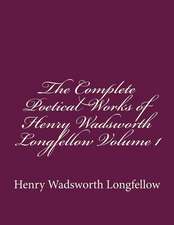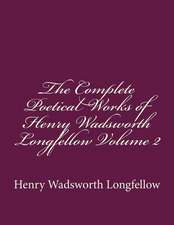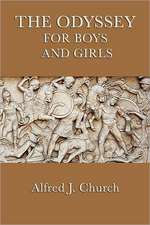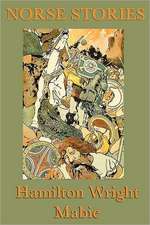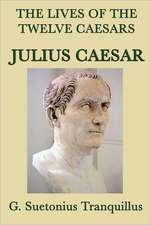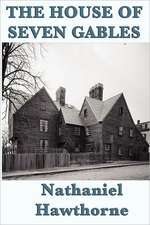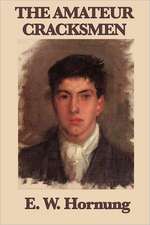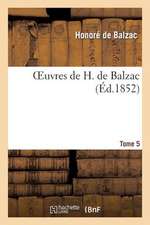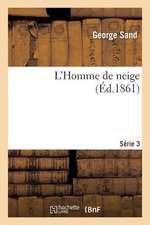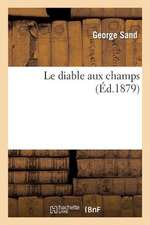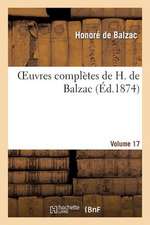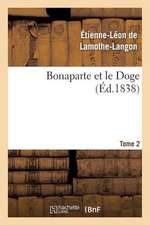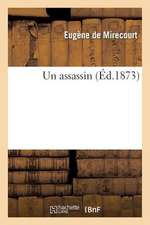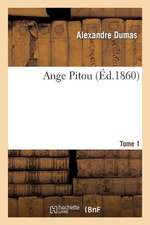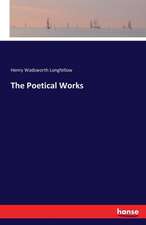Evangeline: A Tale of Acadie
Autor Henry Wadsworth Longfellowen Limba Engleză Paperback – 2 iul 2022
| Toate formatele și edițiile | Preț | Express |
|---|---|---|
| Paperback (20) | 27.78 lei 22-36 zile | |
| e-artnow – 2 iul 2022 | 27.78 lei 22-36 zile | |
| Mint Editions – mar 2021 | 31.91 lei 22-36 zile | |
| CREATESPACE – | 37.98 lei 22-36 zile | |
| CREATESPACE – | 45.36 lei 22-36 zile | |
| – | 52.75 lei 22-36 zile | |
| CREATESPACE – | 62.74 lei 22-36 zile | |
| University of Michigan Library – 31 mai 2011 | 87.92 lei 22-36 zile | |
| CREATESPACE – | 91.84 lei 22-36 zile | |
| SMK Books – 21 mar 2012 | 59.49 lei 43-57 zile | |
| VIZ COMICS – 9 noi 2013 | 68.88 lei 43-57 zile | |
| Akasha Classics – 11 apr 2009 | 71.04 lei 43-57 zile | |
| Binker North – noi 1847 | 76.56 lei 43-57 zile | |
| – | 91.95 lei 43-57 zile | |
| LIGHTNING SOURCE INC – 26 mai 2018 | 100.82 lei 17-23 zile | |
| LIGHTNING SOURCE INC – 16 mai 2018 | 102.34 lei 17-23 zile | |
| Hansebooks – 29 ian 2018 | 103.12 lei 38-44 zile | |
| LIGHTNING SOURCE INC – 26 mai 2018 | 106.37 lei 17-23 zile | |
| Thorndike Press – 28 feb 2008 | 106.45 lei 43-57 zile | |
| SCHOLARS CHOICE – 17 feb 2015 | 166.91 lei 17-23 zile | |
| Tobey Press – 28 feb 2008 | 189.23 lei 38-44 zile | |
| Hardback (3) | 114.96 lei 43-57 zile | |
| SMK Books – 3 apr 2018 | 114.96 lei 43-57 zile | |
| Akasha Classics – 11 apr 2009 | 159.05 lei 43-57 zile | |
| 1st World Publishing – 9 noi 2013 | 170.63 lei 43-57 zile |
Preț: 27.78 lei
Nou
Puncte Express: 42
Preț estimativ în valută:
5.32€ • 5.56$ • 4.42£
5.32€ • 5.56$ • 4.42£
Carte disponibilă
Livrare economică 10-24 martie
Preluare comenzi: 021 569.72.76
Specificații
ISBN-13: 9788027343539
ISBN-10: 8027343534
Pagini: 44
Dimensiuni: 152 x 229 x 3 mm
Greutate: 0.08 kg
Editura: e-artnow
ISBN-10: 8027343534
Pagini: 44
Dimensiuni: 152 x 229 x 3 mm
Greutate: 0.08 kg
Editura: e-artnow
Notă biografică
Henry Wadsworth Longfellow (February 27, 1807 - March 24, 1882) was an American poet and educator whose works include "Paul Revere's Ride", The Song of Hiawatha, and Evangeline. He was also the first American to translate Dante Alighieri's Divine Comedy and was one of the Fireside Poets from New England.
Longfellow was born in Portland, Maine, which was then still part of Massachusetts. He studied at Bowdoin College and became a professor at Bowdoin and later at Harvard College after spending time in Europe. His first major poetry collections were Voices of the Night (1839) and Ballads and Other Poems (1841). He retired from teaching in 1854 to focus on his writing, and he lived the remainder of his life in the Revolutionary War headquarters of George Washington in Cambridge, Massachusetts. His first wife Mary Potter died in 1835 after a miscarriage. His second wife Frances Appleton died in 1861 after sustaining burns when her dress caught fire. After her death, Longfellow had difficulty writing poetry for a time and focused on translating works from foreign languages. He died in 1882.
Longfellow wrote many lyric poems known for their musicality and often presenting stories of mythology and legend. He became the most popular American poet of his day and also had success overseas. He has been criticized by some, however, for imitating European styles and writing specifically for the masses.
Longfellow was born on February 27, 1807 to Stephen Longfellow and Zilpah (Wadsworth) Longfellow in Portland, Maine,[1] then a district of Massachusetts.[2] He grew up in what is now known as the Wadsworth-Longfellow House. His father was a lawyer, and his maternal grandfather was Peleg Wadsworth, a general in the American Revolutionary War and a Member of Congress.[3] His mother was descended from Richard Warren, a passenger on the Mayflower.[4] He was named after his mother's brother Henry Wadsworth, a Navy lieutenant who had died three years earlier at the Battle of Tripoli.[5] He was the second of eight children.[6]
Longfellow was descended from English colonists who settled in New England in the early 1600s.[7] They included Mayflower Pilgrims Richard Warren, William Brewster, and John and Priscilla Alden through their daughter Elizabeth Pabodie, the first child born in Plymouth Colony.[8]
Longfellow attended a dame school at the age of three and was enrolled by age six at the private Portland Academy. In his years there, he earned a reputation as being very studious and became fluent in Latin.[9] His mother encouraged his enthusiasm for reading and learning, introducing him to Robinson Crusoe and Don Quixote.[10] He published his first poem in the Portland Gazette on November 17, 1820, a patriotic and historical four-stanza poem called "The Battle of Lovell's Pond".[11] He studied at the Portland Academy until age 14. He spent much of his summers as a child at his grandfather Peleg's farm in Hiram, Maine.

